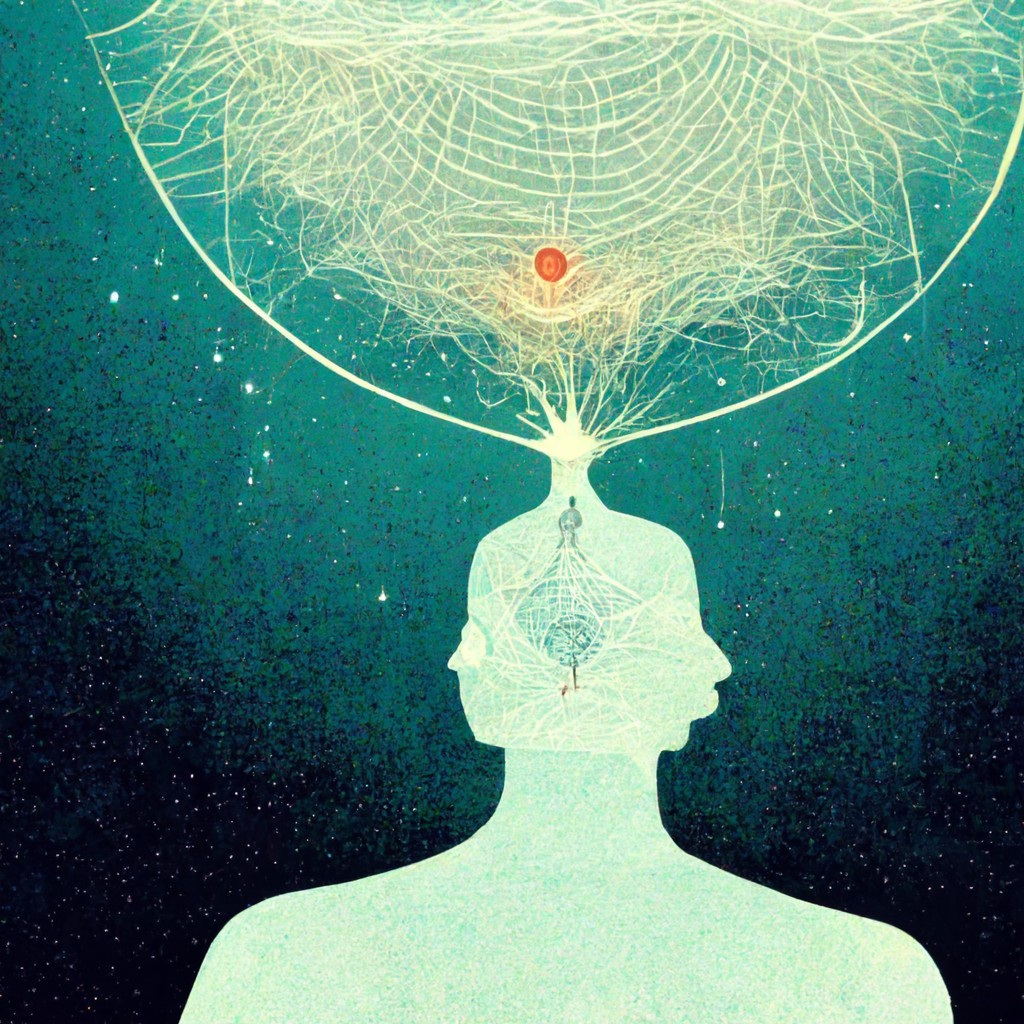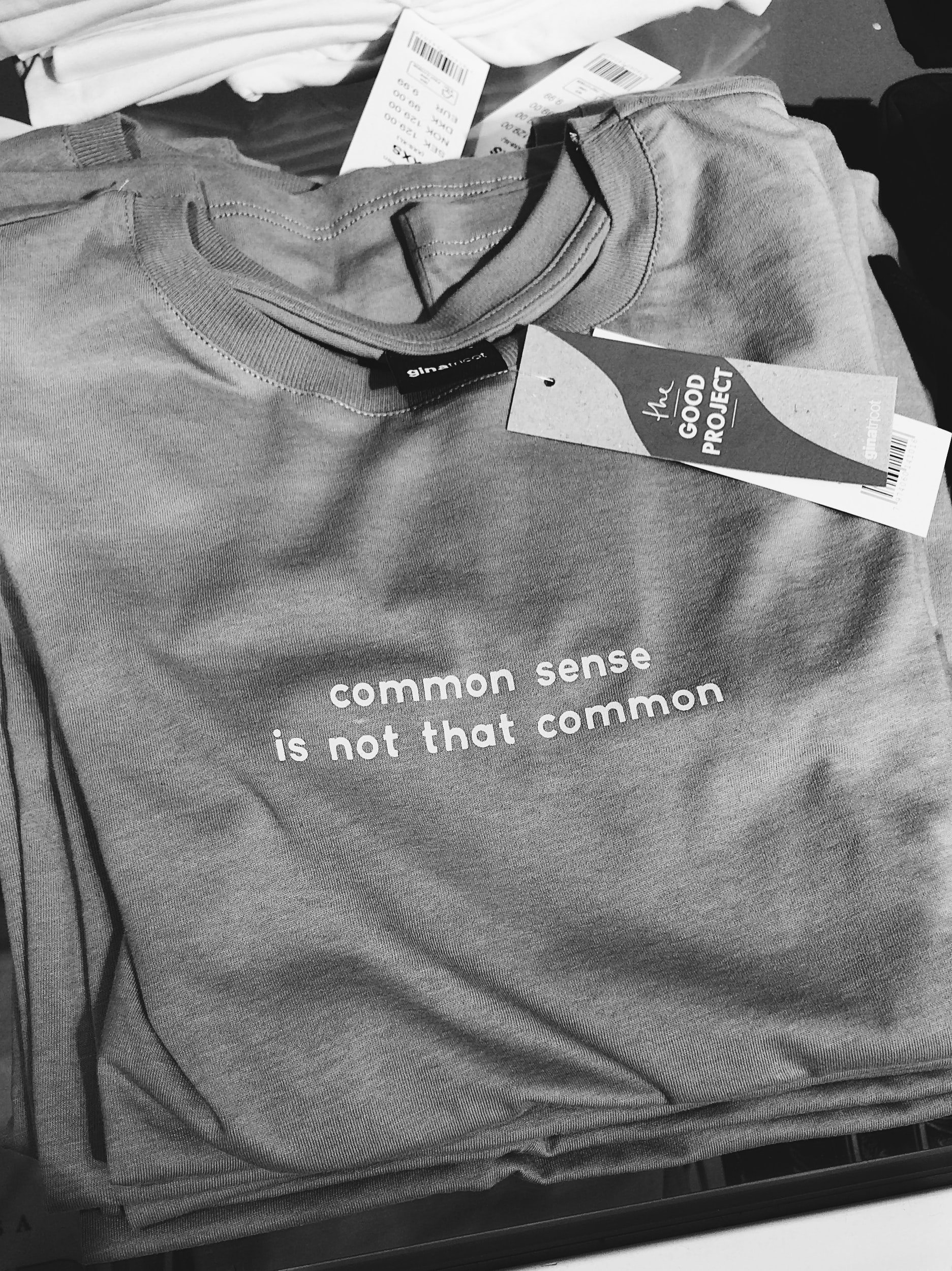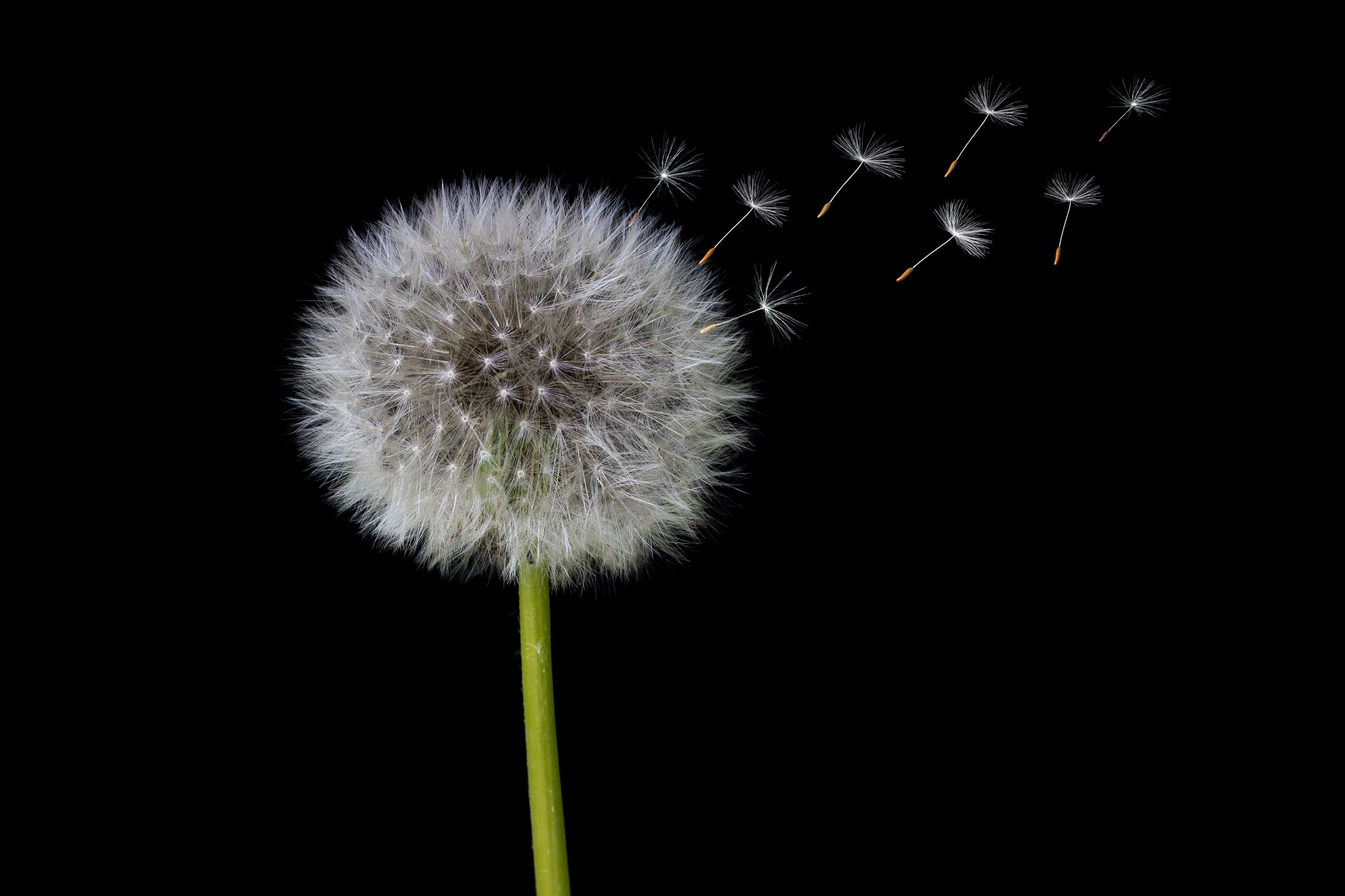We specialize in conversations that shape organizational cultures.
We design innovative learning experiences where the process is as important as the result.
Approach
We don't have formulas or magic recipes for success.
We find them together.
Poor quality self-help and aerobics share a method: tiring the body to lull the critical mind to sleep. When we confuse movement with progress, agitation with action, performance with depth.
From post-truth to post-depth: how the universe of ideas has become contaminated with plasticized concepts that, like microplastics in the oceans, are artificially brilliant but fundamentally empty. A critical look at industrialized personal development, where wisdom is replaced by pre-digested content and depth has become just another product for consumption.
Like a musical composition that defies the linearity of time, this text explores organizational transformation through the metaphor of the album "Corollaries". A reflection on the beauty of circularity, the wisdom of repetition, and the value of rituals in the development of organizations. An invitation to rethink how we conceive time, relationships, and the meaning of work, questioning the industrial model of progression that has left us exhausted and disconnected.
From medieval Europe to the modern office: CEOs as monarchs, directors as dukes, collaborators as digital servants. Corporate meritocracy is aristocracy in disguise, where corporate rituals reinforce feudal hierarchies. Are we ready to say goodbye to corporate overlords?
Technological progress promises to solve our most pressing problems, but it is creating other more subtle and profound ones. Between the obsession with efficiency and the loss of what makes us human, what choices are we really making?
The more autonomy at work is talked about, the less autonomy seems to exist. The more mature and responsible people are proclaimed to be wanted, the more infantile management practices become. Even leisure time at work must now "develop skills", "strengthen the team", "improve communication". Has non-instrumentalized pleasure become a threat to corporate order?
The obsession with excellence is making us less excellent. In incessantly pursuing perfection, we lose sight of what really matters: the ability to learn, grow, and contribute meaningfully to the world. What if, instead of trying to be perfect, we focused on being 'good enough'?
Some distractions are meaningful and productive, just as certain objects hardly deserve the attention we give them. Perhaps you’re envy-scrolling on Instagram when you hear a strange chirp overhead and find yourself marveling at the sight of a violet-backed starling. In that instant, a negative attention transforms into a beautiful distraction.
Intuition and the capacities for deduction and inference are fallible. On the other hand, it is precisely these characteristics that allow us to advance, create, and imagine future scenarios that either frighten us or inspire and excite us.
What is a conversation worth? And how much does it cost? The expressions "good conversations are priceless" or "conversations have incalculable value" may well fit into the concept of profundidadezinha (shallow depth) of the philosopher Daniel Dennett. Let's delve deeper.
A thesis, an antithesis, and a synthesis on the reasons why ghosting exists in a professional context and is, apparently, growing.
Self-help is always an invitation to submit one's own thinking, critical thinking, to the thinking and experience of another. Critical thinking is the exercise of questioning one's own thinking. Only after that should one even think about directing attention to someone else's thinking.
To return or not to return? Control or freedom? Rigidity or flexibility? Blind traditionalism or naive progressivism? A reflection on what limits the quality of the questions we entertain ourselves with.
It is convenient to close or, at least, half-close our eyes to the problems that exist around us and to our own contribution. Sometimes, it is useful not to see reality clearly, lest it leave us depressed or give us even more work.
When we feel alone, bored, angry, frustrated, worried, we distract ourselves with the shiny screen that is more accessible, showing us things that are often irrelevant. We distract ourselves with distractions. Let's distract ourselves better.
I realize and recognize that there is a before and after I joined Way Beyond. What was left behind I remember as a climb to a mountain peak. The hard trial of life in which, in order to become great, in our eyes, we so often feel small. What came after is like a dip in the ocean.
Machines have already freed us from many heavy tasks and make our lives easier in so many others. How much better is our life? What have we done with this (supposed) evolution? We have created new problems instead of solving other important ones that could be avoided. What problems are we neglecting as the myopia caused by our dazzle worsens?
Let's solve the problem of “workload”; more conversations and fewer meetings; let's assume an organic rather than mechanical/mathematical perspective of growth; let's abolish intermediate leadership; let's define and defend causes, instead of purposes; let's stop the nonsense.
Everyone, all of a sudden, has something special to say about important matters, and what needs to be said has to be said quickly, to be the first. Haste is the enemy of listening, observation, introspection, and reflection, which are the ingredients of consideration, common sense, and thoughtfulness. Good conversations also happen without haste.
The sold ones are those incapable of seeing the falseness of their absolute and indelible truths. They are the ones who blind themselves by the need turned belief to always be right. These are the ones who accumulate truths without ever surrendering to the possibility of being wrong.
Regarding our current world, which clearly isn't following the best course, mainly because of us, it's easy to argue that both common sense and consensus are lacking. Despite this, neither concept will lead us to better paths. Both the cause and the solution may lie in common sense.
How do you integrate new people into an existing team? Or should we rather ask: how do we make new people feel “at home” in a house that already has other people (and furniture, paintings, lamps in the right place?).
What do you think and feel when someone tells you that another person is “hard”? And when a person is “soft”? Words are loaded with meanings, stories, and History. The same word can mean different things in different contexts and with different intentions. But what is left behind? What trace remains of other uses when the story we want to tell with that word is different?
“We need to save leadership from the people of leadership”, wrote Megan Hustad. Taking it a step further, I believe it is urgent to save the “leaders”, especially the people who are not yet tainted by the doctrines of leadership
Our brain gets used (too much and too quickly) to what it already knows, so any necessary change may, at certain times, seem impossible to make, a Herculean effort, like the myth of Sisyphus.
To understand each other better and to make ourselves understood, it is not only important to be able to be objective but also to put the different subjectivities "in conversation", hoping that differences do not cancel each other out and that they build novelty.
What happens to you when someone tells you that you need to "think outside the box"? And when you are told, in the same sequence, that you need to "get out of your comfort zone"? If you are like me, when I hear either of those two expressions, that I get a kind of metaphysical hives, the least will be something close to rolling your eyes. I believe there are good reasons for an adverse reaction.
The need to obtain answers has left some of us with the presumption that we know them all, for ourselves and, worse, for others.
Imagine a child, around 4 years old, handling a toy. Suddenly, one of the pieces of that toy separates from what until then was a whole. There is no possible fix, no "u-h-u" or "super glue" that can save the situation. What does the child say?
How we think
We believe that restlessness and curiosity are the engines of creativity
We are on a permanent quest for the best way to express the ideas that excite and disturb us, which so often arise in conversation.
Let's talk?
We are looking for clients who:
☐ Have the courage to question yourselves
☐ Really want to make a difference
☐ Be comfortable doing things differently
☐ Take care of people
☐ Seek meaning and purpose
Problems we like to solve:
☑︎ Transforming organizational cultures
☑︎ Development of ethical leadership
☑︎ Teams that work in "silos"
☑︎ Alignment of purpose and strategy
☑︎ Creation of feedback cultures





























Every day something dies inside us. The enthusiasm that fades after the third inconclusive meeting. The question we swallow. We trade these micro-deaths for security, approval, peace. A terrible exchange rate. But there is wisdom in dying selectively—in distinguishing between the deaths that liberate us and those that diminish us. Between the functional ghosts and those that can still bring about resurrections.